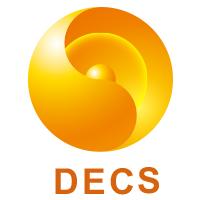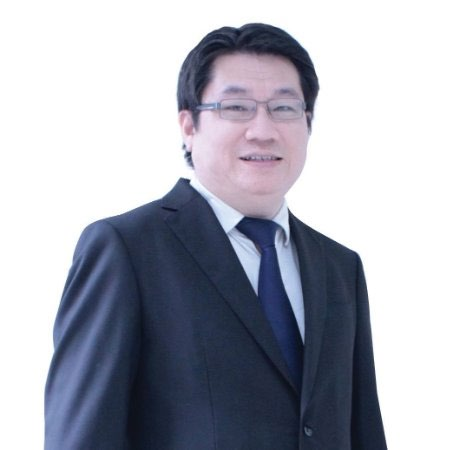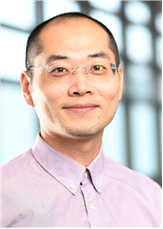
Speakers
| Prof. Abdelhak Senadjki, Universiti Tunku Abdul Rahman, MalaysiaIntroduction: Prof. Abdelhak Senadjki is a Professor of Economics at the Faculty of Business and Finance at Universiti Tunku Abdul Rahman (UTAR) in Malaysia. Prof. Senadjki holds a PhD from Universiti Sains Malaysia (USM) for his thesis titled 'Vulnerability to Poverty: A Study of Rural Population in Kelantan and Terengganu, Malaysia,' which he completed in 2013. He also received his Master of Economic Management from USM in 2008, and a bachelor’s degree in economics from University of Algiers in 2003. Prof. Senadjki has received the USM fellowship from 2010 to 2013, during which he served as an academic researcher. His research interests include Energy Economics, Developmental Economics, Housing Economics, Health Economics, Employee Creativity and Innovation, Organisational Culture, and Social Protection & Elderly Studies. Prof. Senadjki has served in various leadership roles, including Head of Programme (Postgraduate Studies) from 01/01/2017 to 31/12/2018, Acting Head of Department of Economics from 01/02/2020 to 31/05/2020, the Head of Postgraduate Programme PhD (Economics) from 23/03/2022 to 31/12/2023 and the Deputy Dean of R&D and Postgraduate Programmes from 01/01/2024 to Present. Prof. Senadjki has contributed significantly to the academic community through his research and publications. Title: Transforming Industries with Big Data: The Backbone of the Digital Economy |
Assoc. Prof. Liew Chee Yoong, UCSI university, MalaysiaIntroduction: TBC Title: Land Title Solutions Across The World With Blockchain : A Review |
|
| Prof. Yang Lv, Beijing Technology and Business University, China(IEEE Senior Member)Introduction: He is a World-class scientists (2019-2024), Stanford University ranks the top 2% of most-cited scientists worldwide in 22 major disciplines and 176 subfields. Specific rankings: 89382/204643 (lifetime), 3937/210198 (2023). Operations Management and Decision Science (single subject) Ranked first among domestic scholars (13/27923). He is a ESI Highly Cited Scholar (2019-2024), The eight articles are about artificial intelligence (2), blockchain technology (2), 6G communication (1), IoT security (2), and Industry 4.0 (1). He is aslo an IEEE Senior Member, Google Scholar (2017-2024) has more than 8,000 citations (as of July 2024), Since 2020, the total number of citations has exceeded 1,000 every year. More than 20 papers have been published, of which 13 are included in SCI and 7 are included in SSCI. Half of the articles are top journals in management science and engineering related fields and ranked by the Chinese Academy of Sciences. Participated in the review of more than 50 international high-level publications, with a total of more than 1,500 reviews Title: Artificial Intelligence: The Transformative Power of AI in Modern Business Practices Abstarct: Artificial Intelligence (AI) revolutionizes business practices and enables relevant techniques deeply into various sectors to drive efficiency and innovation. This study explores the expansive influence of AI across various business sectors and pinpoints its role in reshaping modern business practices through automation, smart decision-making, and integration into core business processes. By examining the evolution of AI technologies and their applications from manufacturing to finance and customer services, the paper illustrates AI's capability to enhance operational efficiencies, foster innovative business models, and drive significant competitive advantages. Furthermore, the review addresses the challenges of AI integration, including ethical considerations and workforce implications, and prospects future research directions to navigate these complexities. This analysis charts the transformative impact of AI and frames the scope of its ongoing evolution in the business world. |


